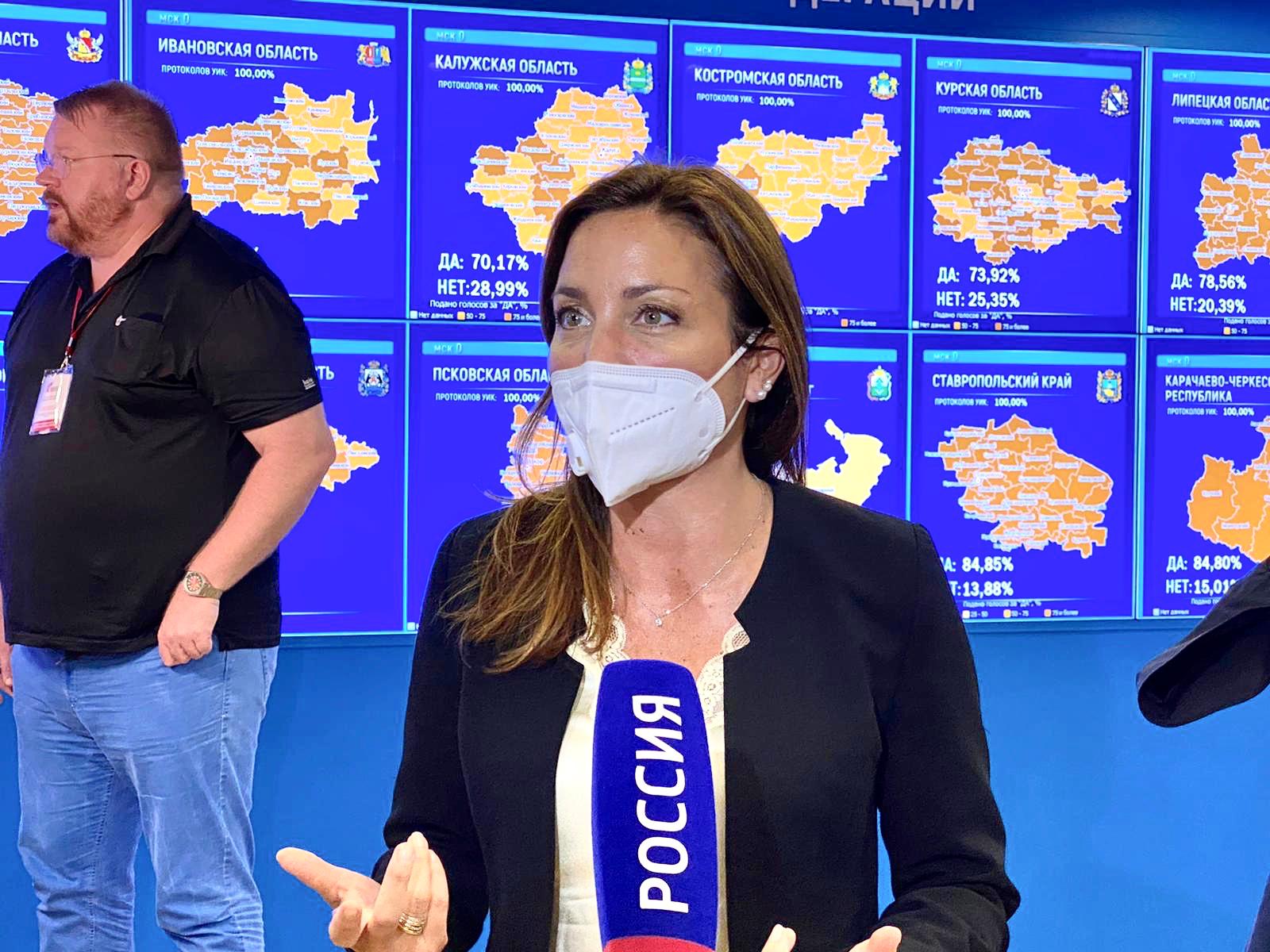

The “all-Russian voting” on President Putin’s proposed constitutional amendments, which would allow him to stay in power until 2036, was held between 25 June and 1 Jul 2020. Since the “all-Russian voting” lacked legal provisions and a constitutional status, a new legal framework was created, which, among others, did not foresee any international monitoring.
Therefore, Russian authorities refused to invite any official international observers from established organisations such as the OSCE ODIHR or PACE. However, the government controlled Civic Chamber of the Russian Federation invited 75 “international experts” to praise the voting as free and fair and to cover-up the critical findings of domestic citizen observers.
Russian authorities never published a list of these “international experts”, but we have identified 52 such individuals using OSINT methods. The majority of them have a record of previous direct and indirect involvement in pro-Kremlin efforts. The largest delegation of “experts” identified were Members of the European Parliament from the French far-right National Rally (Rassemblement National) party, who also visited Russian annexed Crimea during their visit and were led by French far-right MEP Thierry Mariani, a politician with a long record of various pro-Kremlin efforts.
As they were invited effectively to endorse the “all-Russian voting”, these “international experts” actively and eagerly commented on the voting process to the Russian media, who often misrepresented these experts and referred to them as “international observers”. Six sometimes overlapping lines of argument can be identified in their comments:
Subscribe to our
newsletter
Sign up for our monthly newsletter
and receive the latest EPDE news
Subscribe to our
newsletter
Sign up for our monthly newsletter and receive the latest EPDE news